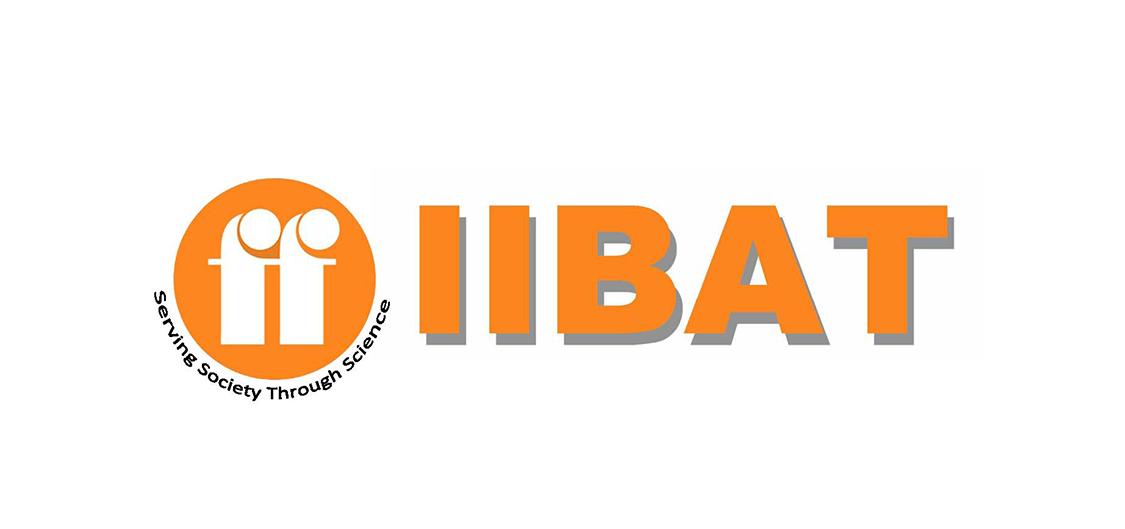Ecotoxicology Department
Understanding the Impact of Chemicals on the Environment
At IIBAT, our Ecotoxicology Department is dedicated to evaluating how chemicals and products interact with the natural environment. By conducting scientifically rigorous studies on non-target species, we help ensure that agricultural, pharmaceutical, and industrial innovations are both effective and environmentally safe.
Our work supports regulatory submissions worldwide and aligns with OECD, USEPA, and national guidelines.
Core Capabilities
- Aquatic Toxicology Studies
- Acute and chronic studies on fish, daphnia, algae, and aquatic plants.
- Determination of LC50, EC50, NOEC, and growth inhibition endpoints.
- Terrestrial Toxicology Studies
- Toxicity testing on earthworms, collembolans, and soil microorganisms.
- Soil degradation and transformation studies.
- Pollinator Safety Studies
- Honeybee acute oral and contact toxicity.
- Extended laboratory and semi-field studies assessing colony health.
- Avian Toxicology Studies
- Acute oral and dietary studies in birds.
- Reproduction and long-term effects monitoring.
- Environmental Fate & Behavior
- Soil adsorption/desorption studies.
- Hydrolysis, photolysis, biodegradation, and leaching assessments.
Facilities
State-of-the-art aquatic test systems with temperature and photoperiod control.
Dedicated insectaries and aviaries for pollinator and avian studies.
GLP-compliant laboratories with ISO/IEC 17025 accreditation.
Multidisciplinary team of ecotoxicologists, biologists, and chemists ensuring robust study design and interpretation. Compliance
OECD Test Guidelines
USEPA OCSPP Guidelines
CIB & RC (India) requirementsEU REACH and EFSA standardsBrazil MAPA / IBAMA requirementsAPVMA (Australia), PMRA (Canada), and global regulators
Industries Served
Agrochemicals & Crop Protection
Pharmaceuticals (Environmental Risk Assessment)
Industrial & Specialty Chemicals
Biopesticides & Biostimulants
Household & Public Health Products


